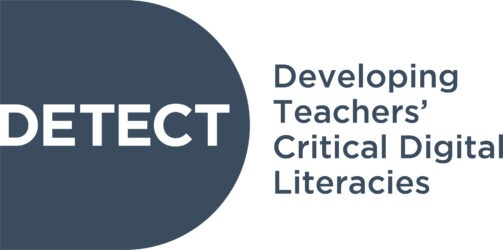The material package includes example materials (teaching material in the form of slide shows, assignment instructions and digital work templates) from the teaching unit, which aims to teach knowledge work competencies, especially online inquiry skills. The teaching unit consists of a group work assignment of four lessons, structured according to the phases of the online inquiry process (searching, evaluating, synthesizing, presenting), in which students’ examine a contradictory health issue using online information sources.
The package consists of the following materials (in Finnish): Teacher’s Guide, Assignment Instructions, Students’ Work Document Template, Online Working Space Model as a
OneNote Notebook, and Instructions and Teaching materials for different work phases.
The teaching experiment was planned in the ARONI research project (Argumentative online inquiry in building students’ knowledge work competences, https://blogs.sis.uta.fi/aroni/) funded by the Academy of Finland and it was implemented
in collaboration with Finnish teachers in Mother Tongue and Literature high school courses in the academic year 2018-2019. Example materials are from this experiment, but the
working methods and the pedagogical model can be applied in any course and subject as well as to different educational levels.
Does brain research provide insights in teaching media literacy?
The presentation “Does brain research provide insights in teaching media literacy?” is background material for teachers about brain research investigating students’ media understanding. The presentation was first given to teachers and researchers in a webinar of the DETECT project, and it provides insights and ideas for teaching medial literacy. An essential background for the study was knowledge about adolescents’ development: they are still developing the mentalising skills; i.e., an ability to infer the intentions of others, and for this reason they are more influenced by their peer group.

